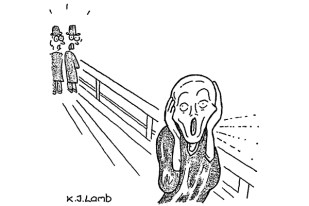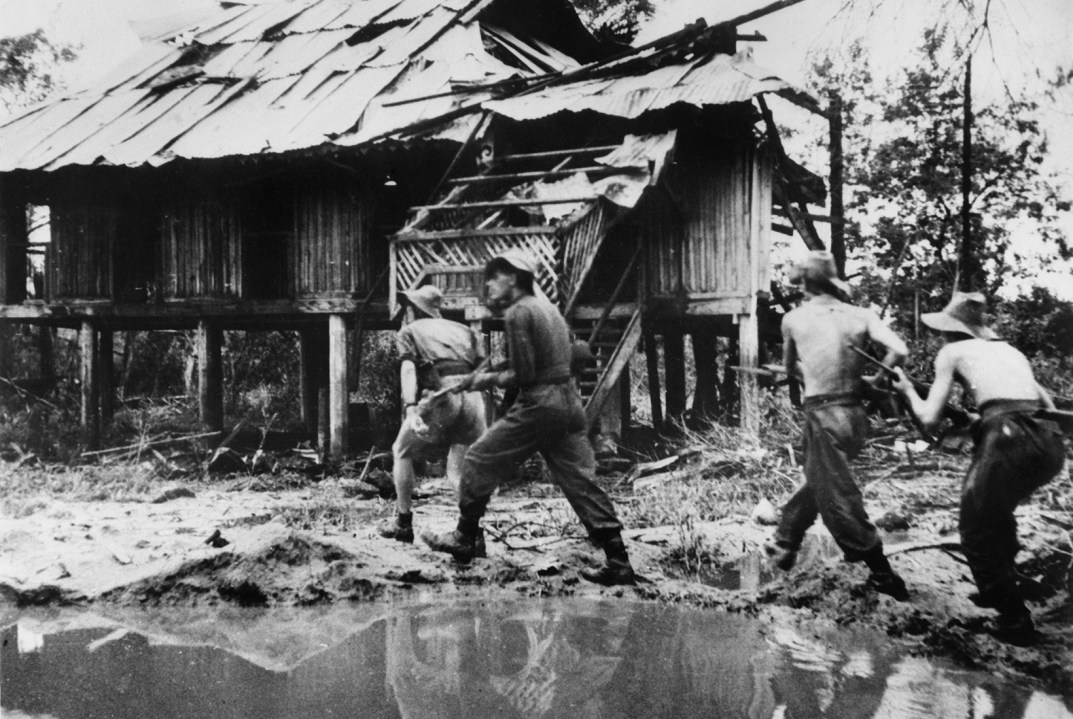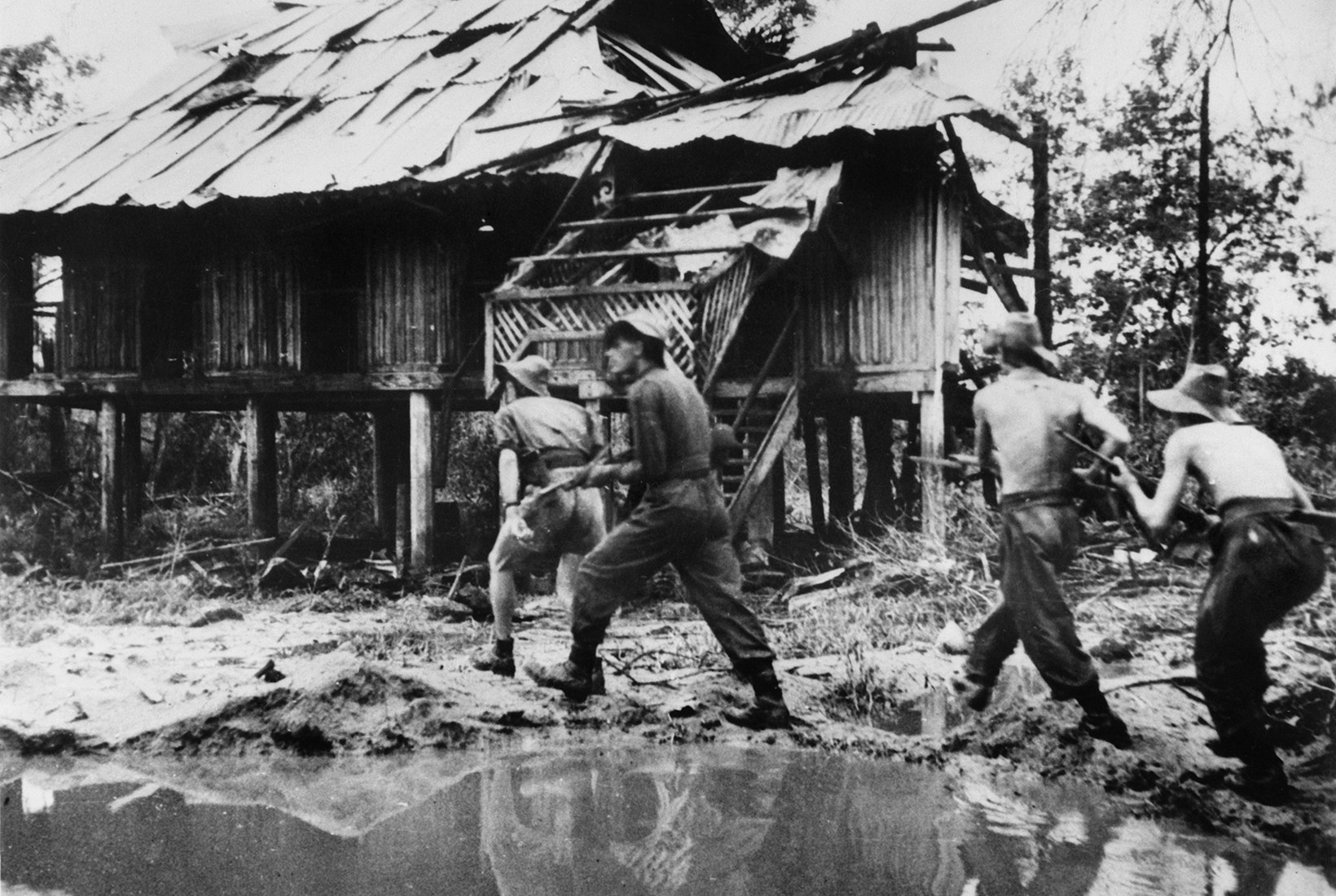To begin not at the beginning but at the end of the beginning. Or rather, to begin at another beginning, where Daniel Todman’s book ends. In January 1948, Clement Attlee’s foreign secretary, Ernest Bevin, told the Commons that ‘the free nations of western Europe must now draw more closely together’, for western Europe was not just a geographic entity but a global presence:
If we are to preserve peace and our own safety at the same time we can only do so by the mobilisation of such moral and material force as will create confidence and energy in the West and inspire respect elsewhere, and this means that Britain cannot stand outside Europe and regard her problems as quite separate from those of her European neighbours.
But, says Todman, behind this rhetoric was a more cautious approach that sought to avoid the costs of choosing between Europe and the Commonwealth and Empire. Britain, as part of its developing Cold War alliance with the USA, would lead on European defence and security cooperation, but not on economic integration. ‘For good or ill,’ he concludes, ‘Britain’s entry into the new world created by the second world war would be defined by the legacies of the past.’

This is the trajectory of the concluding volume of Todman’s astoundingly comprehensive account of Britain’s experience of the second world war. His first volume tackled the delusion of appeasement and the shock of war. His second goes from, loosely, the ‘end of the beginning’, as Churchill put it, to the utter military defeat of one sort of totalitarianism and then confrontation with another.
Such a vast book on just half the war and its immediate aftermath is a daunting prospect, even with its text broken into digestible chunks by tempting sub-headings. But Todman’s prose moves apace and with good turns of phrase.








Comments
Join the debate for just £1 a month
Be part of the conversation with other Spectator readers by getting your first three months for £3.
UNLOCK ACCESS Just £1 a monthAlready a subscriber? Log in